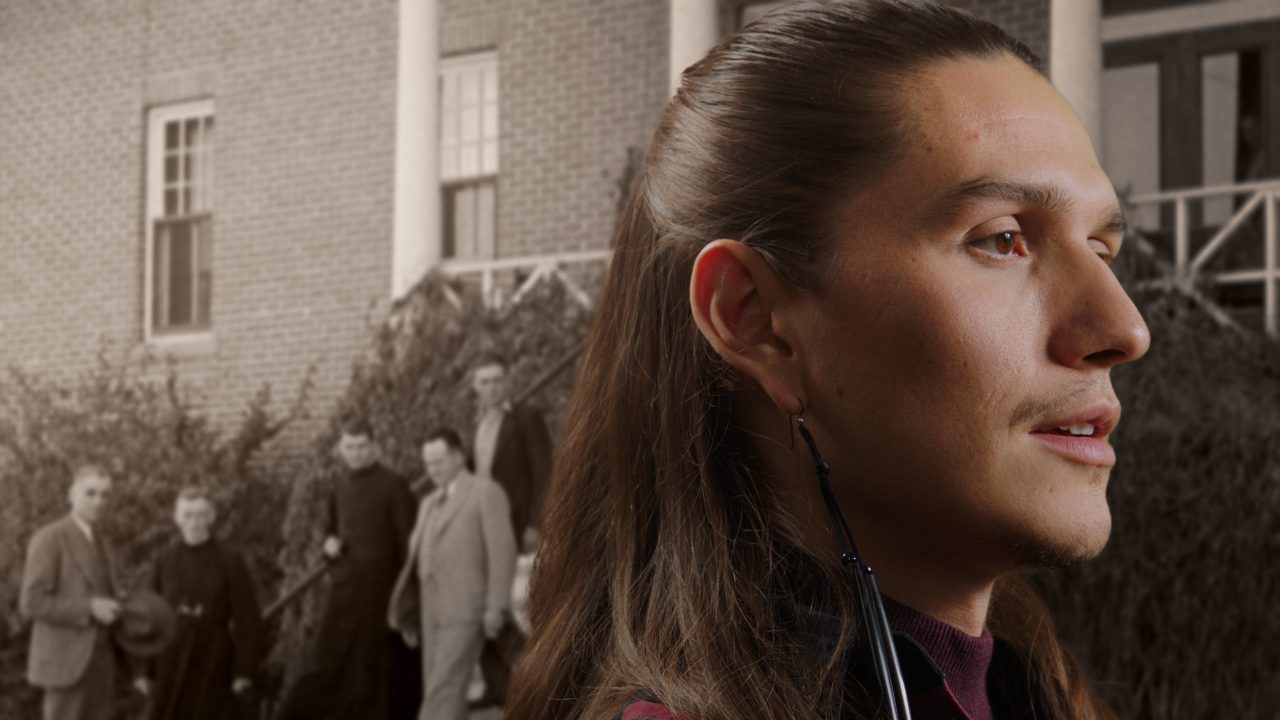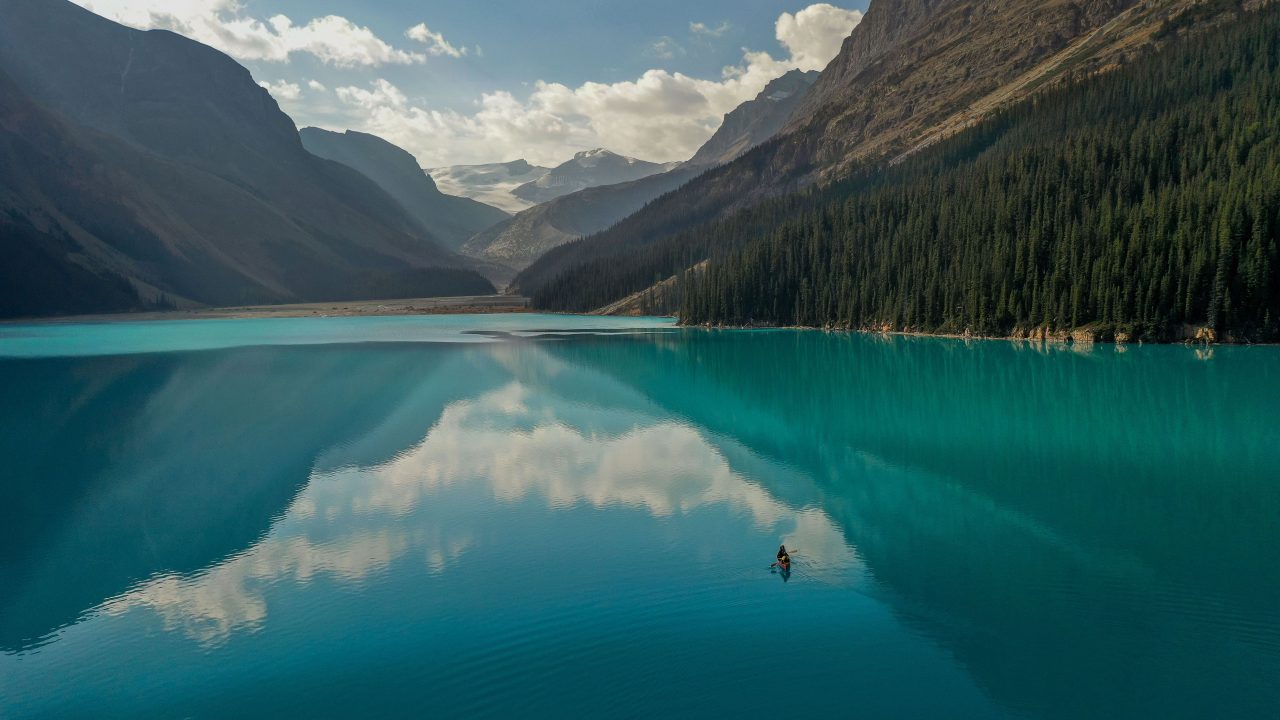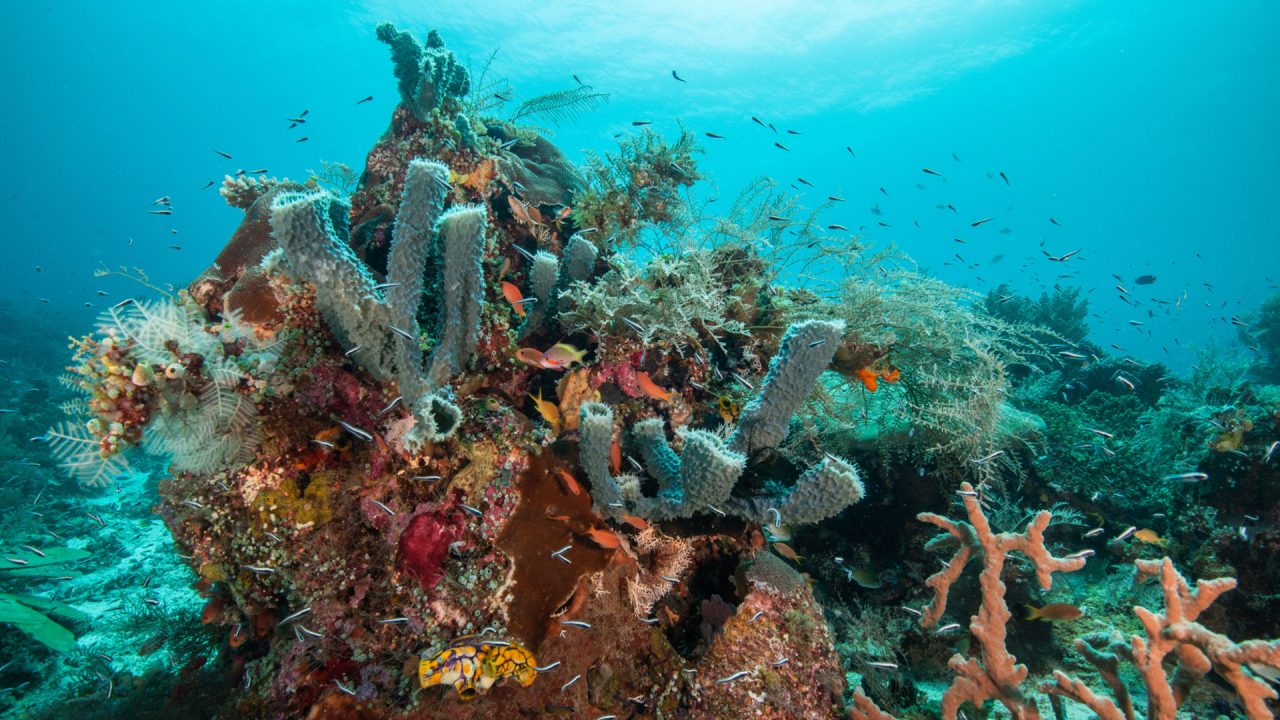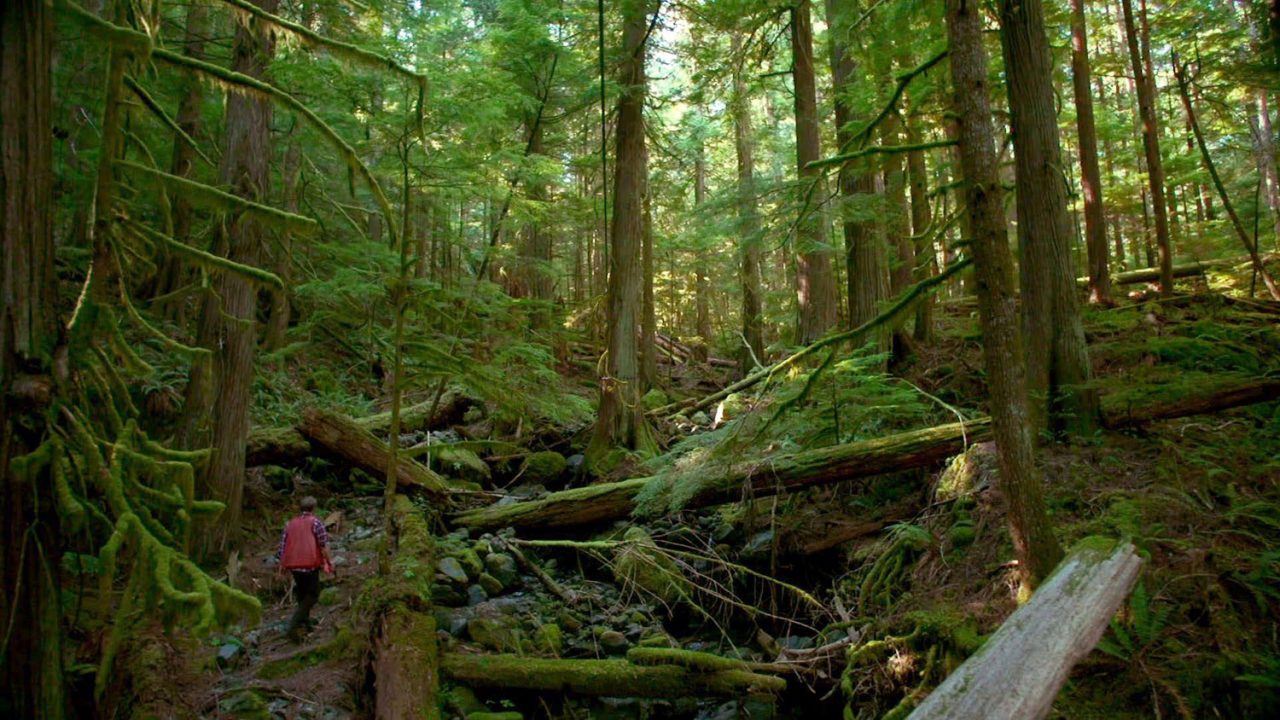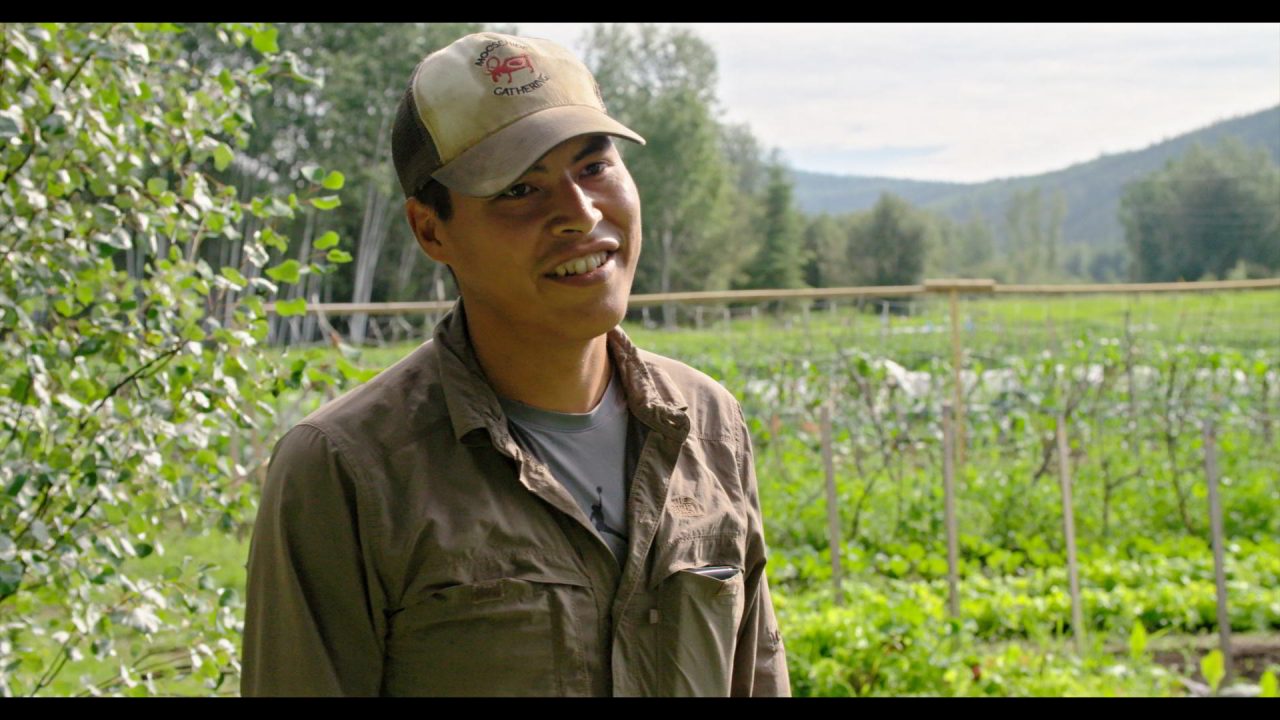
Mini-Lesson for Sovereign Soil
Mini-Lesson for Sovereign Soil
Mini-Lesson for Sovereign Soil
Themes:
- Diversity/Pluralism/Diversity in Communities and Identity
- Geography/Environmental Issues
- Human Geography/Territory: Indigenous
- Social Studies/Communities in Canada/World
Ages: 12–14
Sovereign Soil, David Curtis, provided by the National Film Board of Canada
Keywords/Topics: First Peoples’ Principles of Learning, Land Stewardship, Low-impact Resource Extraction, Cottage Farming, Eco-sustainable Agriculture, Cultural Adaptation, Food Security, Community
Guiding Question: How can we connect ourselves to the land in the modern age?
Summary: At the far-flung edge of Canada’s boreal forest, outside the tiny sub-Arctic town of Dawson City, Yukon, a handful of unlikely farmers are growing everything from snow-covered Brussels sprouts to apples. These modern-day agrarians have carved out small patches of fertile soil in an otherwise unforgiving expanse of isolated wilderness to make a living and a life. Over the course of a year, Dawson filmmaker David Curtis follows these resilient, unassuming farmers—including a German immigrant, a young family that taps birch trees for syrup, a First Nations youth and a matriarch who can shoot and quarter a moose—exploring life, death and time through the simple, rich day-to-day of people deeply tied to the wilds. Sovereign Soil is an ode to the beauty of this ferocious, remote land and the wisdom of those who’ve chosen to call it home.
Activity 1) Individual Critical Response
Analyze the following clips from the film Sovereign Soil using one of the First Peoples’ Principles of Learning.
Clips:
- Reciprocity of the Land: 0:5:50 – 0:5:55
- Land Impact: 0:8:50 – 0:9:30
Use the following time codes for additional clips:
- Conflicting Narratives: 0:13:44 – 0:14:46
- With Gratitude Comes Responsibility: 0:32:00 – 0:33:00
- Food Security: 0:45:00 – 0:46:00
- The Issue of Sustainable Agriculture 1:13:00 – 1:15:00
Review the First Peoples’ Principles of Learning and demonstrate ways to connect these principles to the clips you have just viewed. Select one of the First Peoples’ Principles of Learning and produce a critical response using one of the following formats: a blog, short narrative, drawing, animation, art, short essay, or comparative schematic frame.
If possible, share and discuss your response in the class.
Activity 2) Collaborative Learning Encounter
Start a discussion based on an issue raised in the film and exchange ideas.
Watch the following clips on food security (0:45:00 – 0:46:00) and sustainable agriculture (1:13:00 – 1:15:00).
Form groups of three, assigning the role of moderator to one student and asking the other two individuals to take on different positions on the selected issue, e.g. food security. As a group, design the larger issue-based question that will guide the discussion. Have the moderator research and design focus questions while the two individuals research their different positions. After research is complete, begin group discussions with the moderator leading the discussion with the focus questions. Individuals may amend their original positions. The overarching goal is to come to a respectful acknowledgment of perspective and an understanding that bridges shared or common ideas.
Activity 3) Character Portraits
Students create individual film character portraits.
Choose a character and write a short sketch that you feel best describes that person.
In order to understand a character in a film, the audience must be able to “read between the lines.” This means the “reader” must see what a character says, thinks or does, or what others say about her/him/them, and then draw conclusions. Take the character sketch you have written and place the character in an urban environment of your choice. Imagine the filmmaker has come back to record the character in their new surroundings. Write a list of five questions the filmmaker would like to ask your character, and create a dialogue between the two of them in which they discuss how they have adapted to their new home.
Students createa poster, drawing, painting, poem, etc. in which they imagine their future with respect to sustainable stewardship of the land.
Dale Martelli is a father of six and a teacher of History, Philosophy and World Literature at Vancouver Technical Secondary. He has been teaching since 1981 in elementary, secondary and alternative schools. Dale is currently pursuing a PhD and is the president of the British Columbia Social Studies Teachers Association.
Pour lire cet article en français, cliquez ici.
Discover more Mini-Lessons | Watch educational films on NFB Education | Watch educational playlists on NFB Education | Follow NFB Education on Facebook | Follow NFB Education on Pinterest | Subscribe to the NFB Education Newsletter
